Startup Stock Options – Why A Good Deal Has Gone Bad
Steve Blank
APRIL 10, 2019
For most startup employee’s startup stock options are now a bad deal. Why Startups Offer Stock Options. In tech startups stock options were here almost from the beginning, first offered to the founders in 1957 at Fairchild Semiconductor , the first chip startup in Silicon Valley. Not everyone got the same amount of stock.




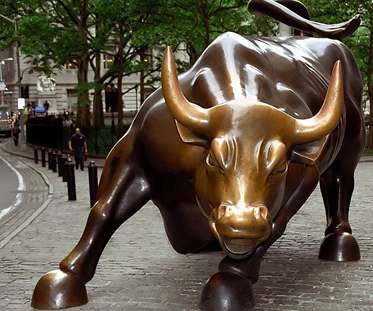
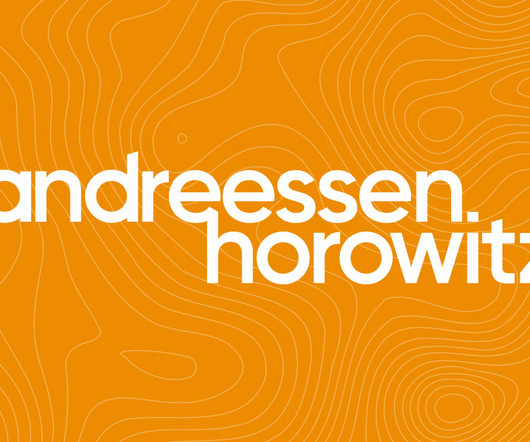




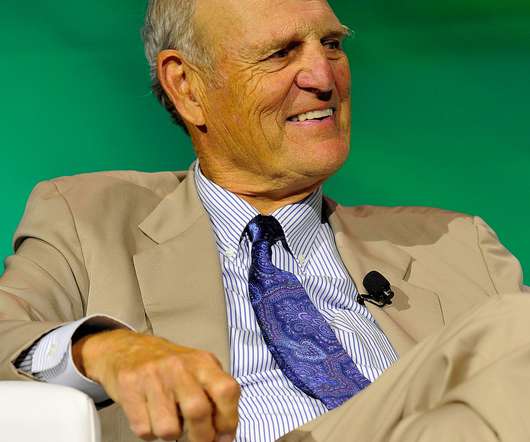






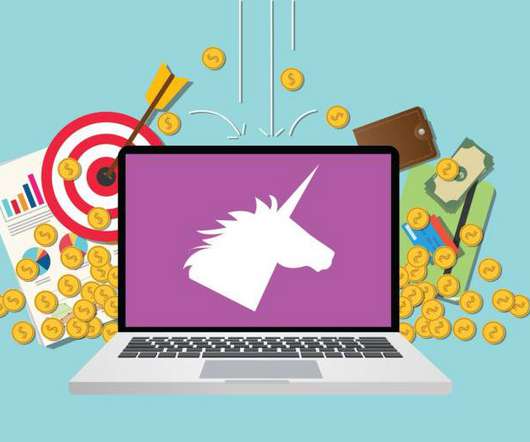

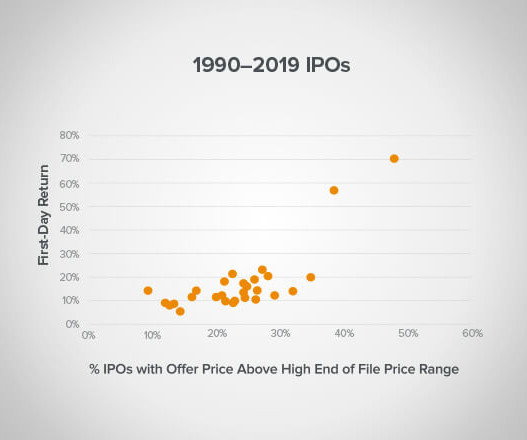








Let's personalize your content